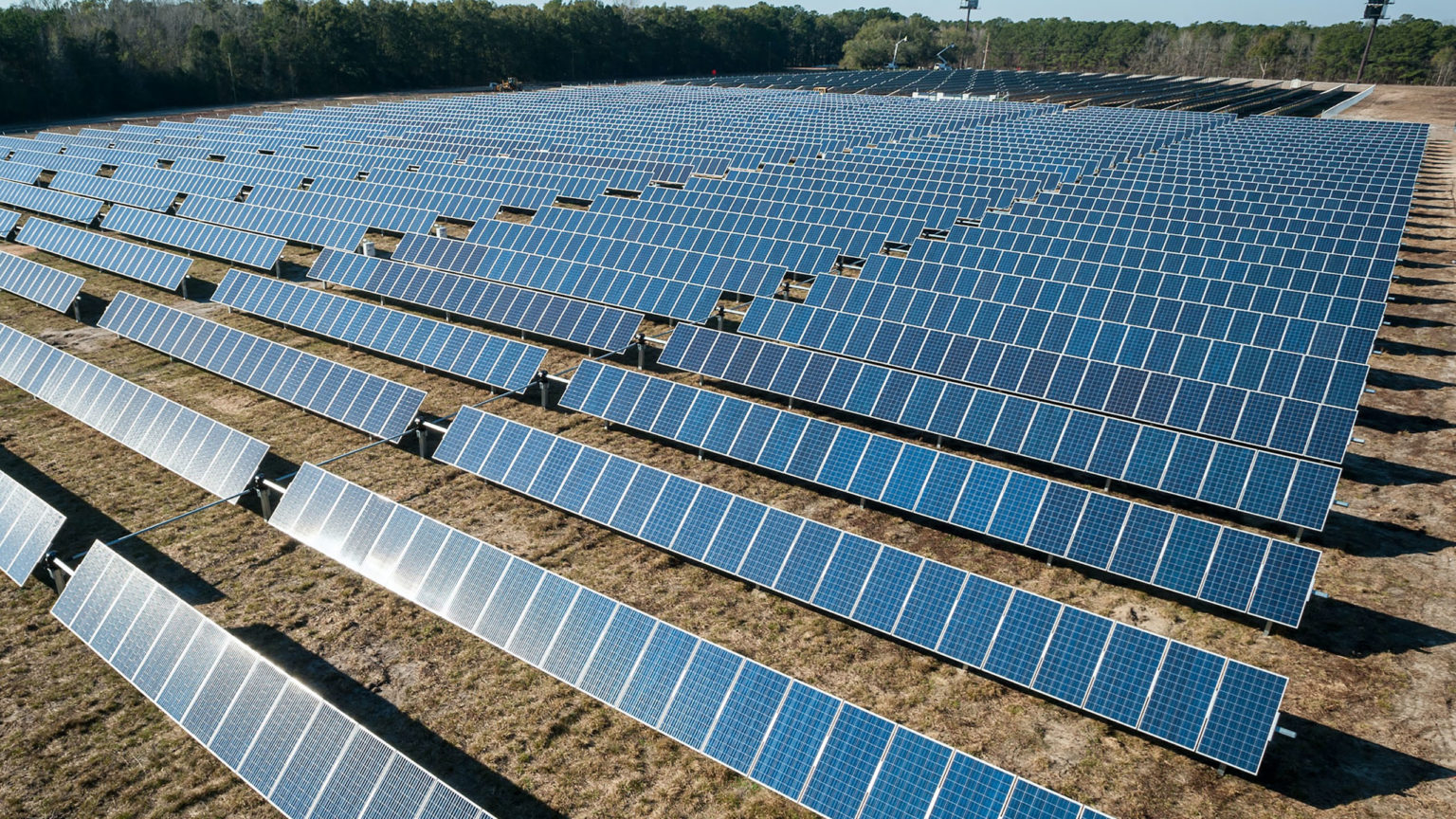Egyptian authorities on Saturday commissioned a $500 million solar power plant in Aswan, marking a significant step in the country’s efforts to address power shortages and transition to renewable energy. The Abydos Solar PV Plant, developed by Dubai-based AMEA Power, is expected to generate 1,500 gigawatt-hours of clean energy annually, enough to power 300,000 households.
The project, completed in just 18 months, comes on the heels of last summer’s crippling power outages that left millions across Egypt grappling with daily blackouts during periods of extreme heat. The plant is projected to offset 782,300 tons of carbon dioxide emissions annually, offering both environmental benefits and improved energy stability for the North African nation.
Speaking at the commissioning ceremony, Prime Minister Moustafa Madbouly described the Abydos plant as a “pivotal step” in Egypt’s renewable energy drive. “This project reinforces our commitment to reducing reliance on traditional energy sources and ensures a sustainable energy future for our country,” he said.
Last summer, Egypt endured widespread power cuts lasting up to three hours daily as cooling demands soared amid record-breaking temperatures. The outages exacerbated public frustration and economic strain, prompting the government to prioritize renewable energy projects to strengthen the grid and diversify supply.
“This plant will accelerate Egypt’s green power strategy and help tackle the power shortages we experienced last year,” said Hussain Al Nowais, chairman of AMEA Power. He confirmed that the plant had already begun supplying electricity to the national grid as of last week.
The Abydos Solar PV Plant was financed through international collaboration, with funding provided by the International Finance Corporation, the Dutch Entrepreneurial Development Bank, and the Japan International Cooperation Agency. This global partnership underscores the growing recognition of Egypt’s renewable energy potential and its importance to the region’s energy future.
Aswan’s Renewable Energy Hub
The choice of Aswan for the Abydos Solar Plant is no coincidence. Known for its year-round high solar radiation, the region is a natural hub for solar energy development. Aswan is already home to the Benban Solar Park, a 1,650-megawatt installation inaugurated in 2019, which remains one of the largest solar facilities in Africa and the Middle East.
Experts believe that projects like Abydos will not only alleviate power shortages but also position Egypt as a leader in clean energy within the region. The plant’s ability to reduce greenhouse gas emissions aligns with global climate goals while contributing to Egypt’s own national targets.
Hussain Al Nowais emphasized the broader impact of such investments. “This project is a testament to what can be achieved through international cooperation and strategic planning. Renewable energy is not just about solving today’s problems—it’s about ensuring a brighter, cleaner future for generations to come.”
As the world grapples with rising energy demands and climate change, Egypt’s investment in solar power demonstrates a forward-thinking approach to energy resilience and environmental sustainability. For millions of Egyptians, the Abydos Solar PV Plant represents not just electricity, but hope for a more reliable and sustainable future.




